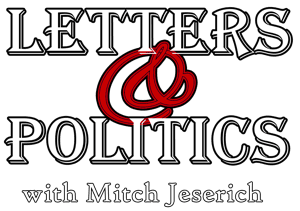
Sign up to save your podcasts
Or



By KPFA





4.8
201201 ratings



The podcast currently has 1,691 episodes available.










The podcast currently has 1,691 episodes available.

5,802 Listeners

1,993 Listeners

1,861 Listeners

148 Listeners

519 Listeners

1,459 Listeners

65 Listeners

1,208 Listeners

57 Listeners

23 Listeners

53 Listeners

1,590 Listeners

48 Listeners

52 Listeners

270 Listeners

21 Listeners

155 Listeners

6,113 Listeners

1,019 Listeners

2,711 Listeners

608 Listeners

288 Listeners

350 Listeners

474 Listeners